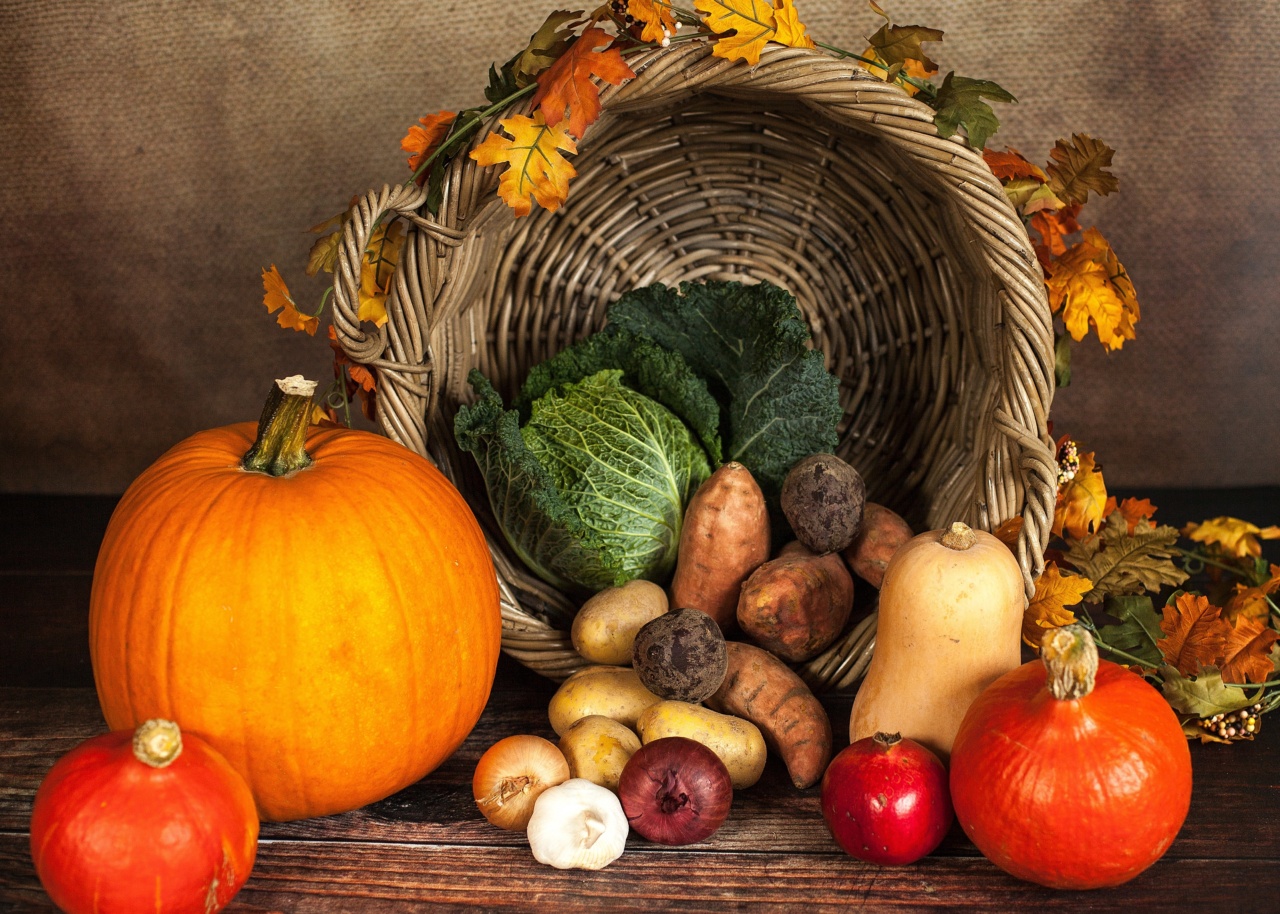Bloating is a common digestive issue that many people experience at some point in their lives. It is characterized by a swollen or distended abdomen and a feeling of fullness.
While there can be several causes of bloating, including poor digestion, food intolerances, and gastrointestinal disorders, the fruits you eat can also play a significant role in causing or exacerbating bloating.
1. Apples
Apples are a popular and healthy fruit, but they can be a common culprit of bloating for some individuals. This is mainly because apples are high in a type of carbohydrate called fructose.
For people who have difficulty digesting fructose, consuming apples or other fructose-rich foods can lead to bloating and other uncomfortable digestive symptoms.
2. Watermelon
Watermelon is a tasty and refreshing fruit, especially during the hot summer months. However, it can cause bloating in some individuals.
Watermelon contains a high amount of water and natural sugars, which can lead to gas and bloating when consumed in large quantities or for those who are sensitive to these sugars.
3. Bananas
Although bananas are often praised for their high potassium content and other nutritional benefits, they can also contribute to bloating for some people.
The rich content of fiber, particularly when consumed in excess, can cause discomfort and bloating in the stomach.
4. Pears
Similar to apples, pears are another fruit that contains a significant amount of fructose. Therefore, individuals who have trouble digesting fructose may experience bloating after consuming pears.
It’s important to note that cooking or stewing pears can help decrease their fructose content and make them easier to digest.
5. Pineapple
Pineapple is a tropical and juicy fruit that contains an enzyme called bromelain. While bromelain has many health benefits, including aiding digestion, it can also cause bloating in certain individuals.
Bromelain can increase the production of gas in the gut, leading to bloating and discomfort.
6. Cherries
Cherries are a delicious and antioxidant-rich fruit. However, they contain a type of sugar called sorbitol. Sorbitol is a sugar alcohol that the body cannot fully digest, leading to fermentation by gut bacteria, which can cause bloating and gas.
7. Mango
Mangoes are a tropical delight enjoyed by many, but they can contribute to bloating for some individuals.
Mangoes are high in both fiber and the natural sugar fructose, two factors that can lead to bloating and gas for those who have difficulty digesting them.
8. Grapes
Grapes are a popular fruit known for their sweet and refreshing taste.
However, they contain a high amount of fructose and fiber, which can lead to bloating and gas in some individuals, especially when consumed in large quantities or on an empty stomach.
9. Prunes
Prunes, also known as dried plums, are often consumed for their potential digestive benefits due to their high fiber content.
However, consuming too many prunes can result in excess fiber intake, causing bloating, gas, and even diarrhea in some individuals. It’s important to practice moderation when consuming prunes or other high-fiber dried fruits.
10. Citrus Fruits
Citrus fruits like oranges, grapefruits, and lemons are rich in vitamin C and have numerous health benefits.
However, the high acidity of citrus fruits can sometimes trigger bloating and heartburn in certain individuals, particularly those with underlying digestive conditions such as acid reflux or gastritis. Drinking citrus fruit juices on an empty stomach can exacerbate these symptoms further.
In conclusion, while fruits are generally considered a healthy part of a balanced diet, some individuals may experience bloating and discomfort after consuming certain fruits.
This can be due to various factors, including fructose intolerance, high fiber content, or the presence of specific sugars or enzymes. If you frequently experience bloating after eating fruits, it may be helpful to keep a food diary and consult with a healthcare professional or registered dietitian to identify any potential triggers and develop strategies for managing bloating.






























